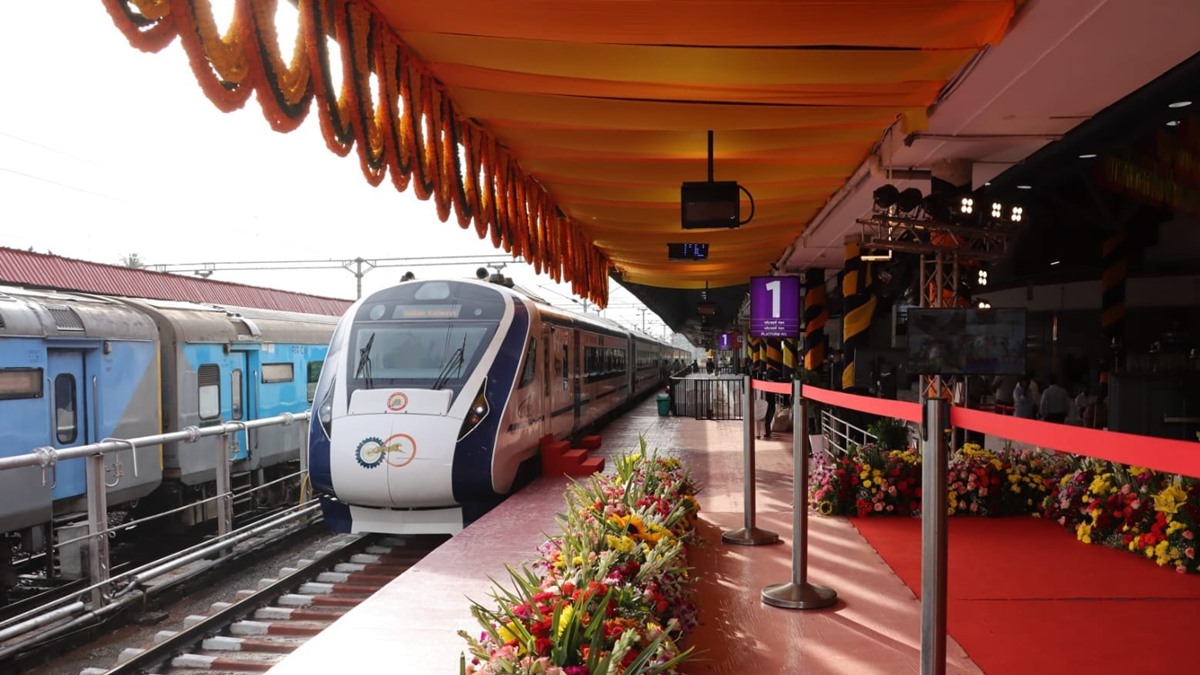Myanmar protests push Iran down UN agenda
UNITED NATIONS, Sep 25 (Reuters) President George W Bush announced new US sanctions against Myanmar today as world leaders at the UN General Assembly focused on rising protests against military rule in the Southeast Asian state.
Urging all nations to ''help the Burmese people reclaim their freedom,'' Bush imposed financial sanctions and a visa ban on a wider range of members of the military junta and their supporters and relatives.
His call came before the authorities imposed a dusk-to-dawn curfew and troops and police armed with rifles poured into central Yangon to try to end the biggest demonstrations against army rule for two decades. Earlier, 10,000 Buddhist monks again defied the generals by marching through the city chanting ''democracy, democracy.'' ''Americans are outraged by the situation in Burma, where a military junta has imposed a 19-year reign of fear,'' Bush told the world body in his annual speech.
Myanmar was formerly called Burma and its capital Rangoon.
''The United States will tighten economic sanctions on the leaders of the regime and their financial backers,'' Bush said.
The Myanmar protests temporarily pushed concern over Iran's nuclear ambitions and the fight against climate change down the agenda on the first day of the UN debate, as well as conflicts in Darfur, Iraq and the Middle East.
French President Nicolas Sarkozy reminded the assembly of the high stakes in the standoff over Iran's atomic program, saying that failure to stop the Islamic Republic from acquiring nuclear weapons could destabilize the world.
Sarkozy said in his maiden UN address: ''There will be no peace in the world if the international community falters in the face of nuclear arms proliferation ... Weakness and renunciation do not lead to peace. They lead to war.'' German Chancellor Angela Merkel said at an awards ceremony in New York that it was not up to the world to prove Tehran sought nuclear weapons, ''rather it is up to Iran to prove that it does not want to build an atomic bomb''.
ANTI-CAPITALIST TIRADE UN Secretary-General Ban Ki-moon told the assembled kings, presidents and prime ministers the world was closely watching developments in Myanmar.
''We again urge the authorities in Myanmar to exercise utmost restraint, to engage without delay in dialogue with all the relevant parties to the national reconciliation process on the issues of concern to the people of Myanmar,'' Ban said, adding he was sending a special envoy to Yangon.
Addressing the assembly on behalf of the 27-nation European Union, Portuguese Prime Minister Jose Socrates warned the junta against using violence to suppress the protests and called for a negotiated solution, but made no mention of sanctions.
Bush was one of the first speakers on a list that included Iranian President Mahmoud Ahmadinejad later on Tuesday, the second time the bitter foes have dueled at a distance from the UN rostrum without meeting face-to-face.
In the absence of Venezuelan President Hugo Chavez, who stayed away after sparking an outcry last year by comparing Bush to the devil, it fell to veteran leftist Nicaraguan President Daniel Ortega to deliver an anti-capitalist tirade against U.S. world hegemony.
US leaders continued to dictate what was right or wrong ''as if they were God,'' he declared, while poor countries were still afflicted by ''oppression and violence and terror''.
Despite the United States leading efforts for more U.N.
sanctions against Tehran to curtail its nuclear program, Bush made only a passing reference to Iran in his speech, attacking its human rights record without mentioning the nuclear issue.
Ahmadinejad's blitz of speaking engagements and media interviews captured much of the spotlight from other leaders in New York for the General Assembly. He insisted Iran's nuclear program was purely for peaceful purposes.
The United States accuses Iran of supporting terrorism and arming insurgents in Iraq. Washington is pushing for a third UN sanctions resolution over Iran's refusal to halt uranium enrichment, but faces opposition from China and Russia.
Reuters
KK
VP0115


 Click it and Unblock the Notifications
Click it and Unblock the Notifications




